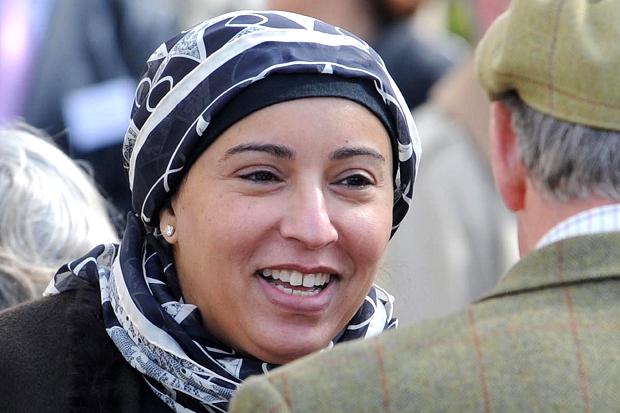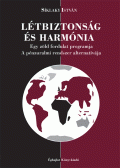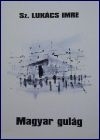Irattár
Prince Charles finds allies to take his carbuncle war global
2010-05-22
Prince Charles finds allies to take his "carbuncle war" global
The Prince of Wales has teamed up with a Kuwaiti princess and a Latvian oligarch to take his war on Modernist architecture around the world.
To the dismay of his architect foes, a partnership is being launched to move the Prince's vision of traditional building designs on to a global scale. It has chosen Arab countries, the Americas and Europe as targets for what it describes as its "world-changing" ambitions.
He has been the scourge of modern architects for decades, deriding their creations as "carbuncles" and "stumps" and saying that the Luftwaffe had done less harm to London.
His charity, the Prince's Foundation for the Built Environment, is seen by critics as a reactionary movement against contemporary design. Its prime model is at Poundbury in Dorset.
The fresh venture has been created from an existing commercial subsidiary, Prince's Foundation Enterprises, which had a modest L8,000-a-year turnover, all ploughed back into the charity. With a trendy new name, PF Urban, the revamped organisation will offer 10 per cent of profits to its Latvian and Kuwaiti investors. The business charges for design advice.
The overseas partners are colourful characters. Valeri Belokon, 50, is a Latvian banker best known as the oligarch whose millions have brought Blackpool Football Club to the brink of the Premier League. He was introduced to the Prince's Foundation through colleagues at President Clinton's global initiative and is being received at Clarence House during his stay in Britain for the play-off today.
Sheikha Fadia Al-Salem Al-Sabah, known as the "First Lady of Squash", was rewarded for years of hosting tournaments when Kuwait was made home to the Men's World Open last year. Her contribution is through the Kuwaiti Jana real estate company. The Kuwaiti Royal Family has a vast property empire. She was inspired to help the Prince after attending a seminar on urban design at Poundbury.
No figure has been given for the foreign cash injection but records show at least L600,000 was found to establish the Prince's new business. PF Urban is already working in Atlanta, Georgia, and Shijia Hutong in China.
The Prince advocates "local vernacular building patterns". Critics see the approach as backward-looking. Piers Gough, famous for Postmodern buildings in the London Docklands, said: "I don't think it is going to sweep the world. I just find it profoundly depressing that they are peddling this kind of nonsense in other countries."
A spokesman for the Prince said he hoped that PF Urban would help more communities to create "thriving, healthy and prosperous places" in which to live.
Mr Belokon was too busy to comment. His spokeswoman e-mailed: "Due to excited progress of Blackpool Football Club Mr Belokon is unable to contact you directly and be at your kind attendance! All his mind is involved to believe this glorious moment."
Demolition job
In his now-famous 1984 lecture to the Royal Institute of British Architects the Prince called the proposed extension to the National Gallery, in Trafalgar Square, a "monstrous carbuncle". He said: "Instead of designing an extension to the elegant façade of the National Gallery, which complements it and continues the concept of columns and domes, we may be presented with a kind of municipal fire station"
In 1987 he spoke out against Richard Rogers's planned redevelopment of Paternoster Square, near St Paul's Cathedral, London. "You have to give this much to the Luftwaffe," he said. "When it knocked down our buildings it didn't replace them with anything more offensive than rubble"
In 2008 he warned that more skyscrapers would deface London. "Not just one carbuncle, ladies and gentlemen, on the face of a much loved old friend, but a rash of them that will disfigure precious views"
In the same year he likened the L6 million newly built Ivor Crewe lecture theatre at the University of Essex, Colchester, to a "dustbin"
Forrás: The Times
























